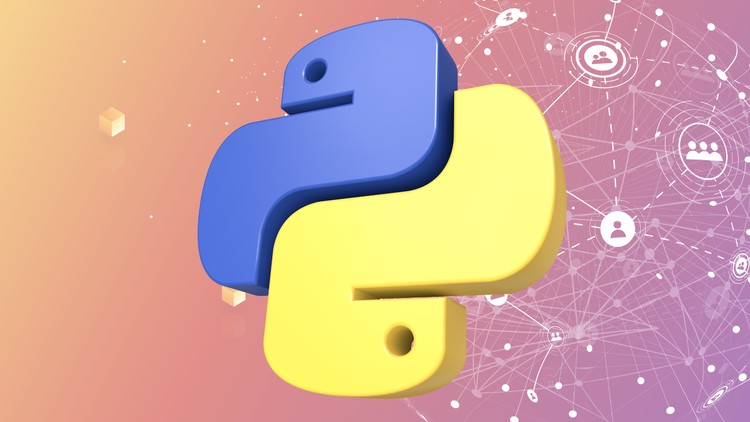
Python Crash Course: Mastering Python Basics in One Go
What you will learn
Python beginners with no prior programming experience
Individuals from non-technical backgrounds seeking to learn Python
Professionals looking to acquire Python skills for career growth
Students and academics
Entrepreneurs and business owners
Anyone interested in coding
Description
Are you intrigued by the world of programming and considering diving into Python? Whether you’re a complete beginner or seeking a refresher, you’ve landed in the perfect place!
Let’s embark on an exciting journey through the Python programming language, renowned for its simplicity and versatility. Python is an excellent starting point for beginners, offering a gentle learning curve and powerful capabilities for seasoned developers.
Our journey begins with Python HOME, where we’ll introduce you to the basics of Python programming. You’ll learn about Python’s origins, its philosophy, and why it’s one of the most popular programming languages today.
Next, we’ll dive into Python Intro, where we’ll explore the fundamentals of Python syntax. You’ll learn how to write your first Python program, understand the basic structure of Python code, and get comfortable with Python’s syntax and conventions.
In Python Get Started, we’ll roll up our sleeves and dive right into coding. You’ll set up your Python development environment, install Python on your computer, and get everything ready for your coding journey.
Python Syntax is where the real fun begins! You’ll learn about Python’s syntax rules, including indentation, whitespace, and how to structure your code for readability and maintainability.
Python Comments are essential for documenting your code and making it easier to understand for yourself and others. You’ll learn how to add comments to your Python code, why they’re important, and best practices for writing clear and concise comments.
Python Variables are the building blocks of any Python program. You’ll learn how to create variables, assign values to them, and manipulate them using Python’s powerful operators.
Python Data Types are fundamental to understanding how Python works. You’ll explore different data types, including integers, floats, strings, and booleans, and learn how to use them effectively in your code.
Python Numbers are at the core of many Python programs. You’ll learn how to perform arithmetic operations, work with complex numbers, and leverage Python’s built-in math functions.
Python Casting allows you to convert data from one type to another. You’ll learn how to convert between different data types, handle type errors, and ensure your code behaves as expected.
Python Strings are used to represent text data in Python. You’ll learn how to create strings, manipulate them, and perform common string operations like concatenation, slicing, and formatting.
Python Booleans are a fundamental concept in programming. You’ll learn about boolean values, logical operators, and how to use them to control the flow of your Python programs.
Python Operators are used to perform operations on variables and values. You’ll explore arithmetic, assignment, comparison, logical, and identity operators, and learn how to use them effectively in your code.
Python Lists are versatile data structures that allow you to store and manipulate collections of items. You’ll learn how to create lists, access and modify their elements, and perform common list operations like sorting and searching.
Python Tuples are similar to lists but are immutable, meaning they cannot be modified after creation. You’ll learn how to create tuples, access their elements, and use them effectively in your code.
Python Sets are unordered collections of unique elements. You’ll learn how to create sets, perform set operations like union, intersection, and difference, and leverage sets to solve common programming problems.
Python Dictionaries are key-value pairs that allow you to store and retrieve data based on keys. You’ll learn how to create dictionaries, access and modify their elements, and use them to represent structured data in your programs.
Python If…Else statements allow you to make decisions in your code based on certain conditions. You’ll learn how to use if, elif, and else statements to control the flow of your Python programs.
Python While Loops allow you to repeat a block of code as long as a condition is true. You’ll learn how to use while loops to implement iterative algorithms and solve problems that require repeated execution.
Python For Loops allow you to iterate over a sequence of elements and perform a certain action on each element. You’ll learn how to use for loops to iterate over lists, tuples, sets, dictionaries, and more.
Throughout this comprehensive Python crash course, you’ll gain hands-on experience with each topic through practical examples, exercises, and projects. By the end of the course, you’ll have a solid understanding of Python fundamentals and be well-equipped to tackle more advanced topics in Python programming. So, if you’re ready to take your first steps into the exciting world of Python, enroll now and let’s get started!
Content